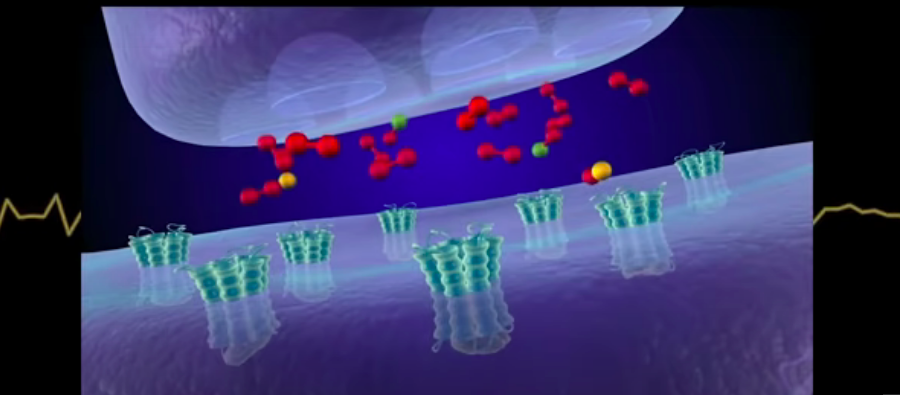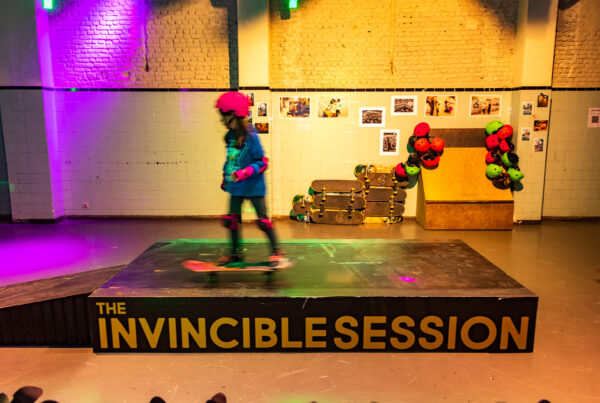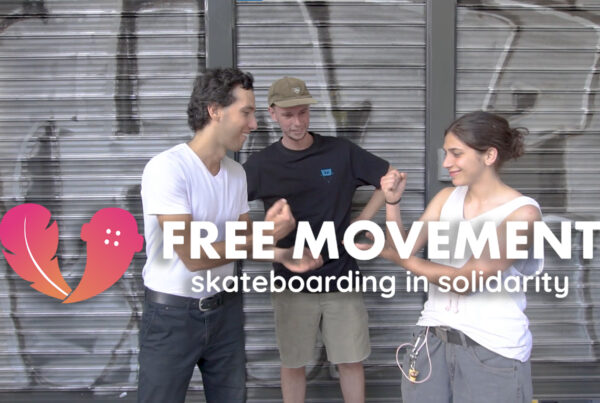Skateboarding and neuroscience. It is fascinating alone to see those two words existing in the same sentence. As it turns out though, there is a lot to delve into.
As skaters we are all familiar with the sensations which take over your whole body when power-sliding down a steep hill, or the therapeutic ‘clip-clop’ of rolling over tiled pavements. We hear the sounds, we feel the vibrations; they float up, circulate and awake the whole body. Only more recently though, have we begun to look more closely at how skateboarding can affect the human brain.
As we wrote in a previous blog article, How Can Skateboarding Improve Brain Functioning and Help to Regulate Emotions, exercising for as little as 20 minutes per day can reduce the negative effects of stress and significantly improve overall mental health and brain functioning. An activity as physically and mentally demanding as skateboarding can actually stimulate the creation of new neural pathways in the brain. Jenkem Magazine’s recent interview with Andrew Huberman, Discussing Skateboarding With Neuroscientist Andrew Huberman, helps us to understand why. Huberman is a skateboarder himself, as well as a neuroscientist—so what better person to inform us of the link between skateboarding and neuroscience than he?
Since the discovery of neuroplasticity, we are aware that our brain is not a fixed structure – but an organ which is changing and adjusting to the stimuli around it. New cells can form and new neuronal connections can be made every day. This gives us some great power of influence – and one of the most effective ways to influence this positively is through meaningful exercise.
Skateboarding is constant learning, it is tough learning and it is non-linear learning. There is no end point, just different ways to express yourself on four wheels and a piece of wood. Everytime you try something new you undergo a challenging process of doubt, self-belief, fear, multiple failures and perhaps even injury before you acquire that new skill. As Huberman states, the strength you take from this failure and persistence along the path to success is carried over to ‘everything worthwhile in life’ – family, career, relationships and outlook.
If you skateboard regularly you are in a continuous state of creative and challenging learning. This means you are constantly ‘re-wiring’ your brain, or in other words always in the process of neuroplasticity. This is incredibly healthy for brain functioning as it keeps the circuits active and the generation of new cells alive. If we combine this with the psycho-social benefits of skateboarding—comradeship, fun, adventure—we are pursuing an activity which satisfies the upper and lower domains of the brain simultaneously; thus regulating emotions and improving overall well-being. As Huberman highlights, skateboarding really could make you live longer, as well as happier!
The regulation of emotions is particularly important for those who have endured trauma in their lives, which many of the young people we teach have. Especially for the developing brain, long periods of stress and exposure to traumatic events can be extremely damaging. We see it manifest in ‘fight or flight’ behaviour – quick turns to aggression and vacant stares. It is common for trauma survivors to remain in a state of almost constant shock or arousal, thus significantly decreasing the capacity to deal with any challenging situation or perceived danger.
“Time passes so quickly when I am skateboarding”
– FMS Participant, 24 years old
The fact then, that skateboarding allows you to boost the neuroplasticity of your brain is extremely significant. It can therefore be advantageous for the trauma recovery process, helping to rewrite learned behaviours and develop coping mechanisms for survival. This is no small task though – the process of skateboarding is challenging for the body and the mind, with obstacles and fears you constantly have to overcome. This is where our skate instructors and specialised programs come in.
If we’ve learnt anything from our four years of working with vulnerable youth, it is that the teaching environment is pivotal for working with young people who have experienced trauma. We ensure every young person participating in our lessons gets the guidance and support they need to be able to build up their confidence and self-belief in a safe environment. We see improved behaviour and happier moods from our long-term participants, as well as increased ability to try new things and not lose faith after a few failures. As one of our participants told us at the end of a recent session: “You have to try, try and try again – then you can do it!”
Words: Ruby Mateja
Photographs: Hannah Bailey (@Neonstash)
Sources:
Jenkem article:







One Comment